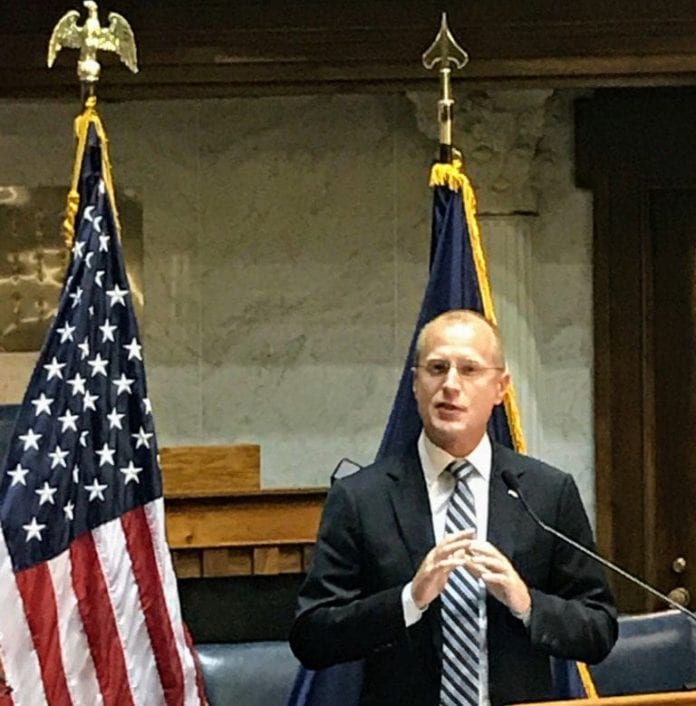Massive small cell investment needed to support 5G
The U.S. Federal Communications Commission meets later today to, among other things, vote on a proposal that will streamline small cell deployment rules and, if adopted, make it easier for carriers to build out small cell sites needed to deliver on 5G.
The meat of the proposed order would:
- Ban local regulations designed to prohibit wireless infrastructure deployment;
- Standardize the fee structure cities can charge for reviewing small cell projects;
- Establish a 60-day shot clock for attaching small cells to existing structures and 90 days for new builds;
- And sets “modest guardrails on other municipal rules that may prohibit service.”
Ahead of the vote, Commissioner Brendan Carr worked to gain consensus from municipal-level leaders. “More than several dozen mayors, local officials, and state lawmakers have called on the FCC to streamline the rules governing small cell buildout,” Carr said in a statement. “They want the FCC to build on the commonsense reforms adopted in state legislatures and town councils across the country so that every community—from big city to small town—gets a fair shot at next-generation connectivity. As they put it, FCC action will help spur investment and infrastructure buildout in their communities, while helping the U.S. win the race to 5G. I am glad to see the support from this diverse group of state and local officials.”
The proposal got another boost this week when the Wall Street Journal editorial board came out strongly in favor of the potential rule changes. The authors characterized the current level of local approval as pushed by “self-serving behavior from local politicians has become so egregious that it’s prompting welcome intervention” from regulators.
Editor’s note: This story will be updated following the FCC’s vote.
Update: The FCC today approved the small cell order outlined above. Carr said in a statement: “In the global race to 5G, the stakes are high—it is about economic leadership for the next decade. The smart infrastructure policies we adopt today strengthen America’s role as a tech and economic leader, while ensuring that every community benefits from 5G. Wireless providers are projected to spend $275 billion in the U.S. to build 5G, which represents a massive private sector investment in American infrastructure and jobs—without a penny of new taxes. Today’s order streamlines the approval process for 5G small cells and helps ensure that our country will continue to be the innovation hub of the world.”
The move was applauded by Jonathan Adelstein, a former FCC commissioner and president of the Wireless Infrastructure Association. Adelstein said in a statement, “As promising as 5G is, it’s only as good as the infrastructure on which it’s deployed. And 5G will require all manner of infrastructure, including macro towers and small cells. As Commissioner O’Rielly said, macro towers play a key role in wireless networks. That role will expand in 5G. I commend Chairman Pai and Commissioner O’Rielly for their plans to address all types of wireless infrastructure in a future proceeding. WIA looks forward to working with them and the entire Commission to build on the amazing progress the FCC made today.”

